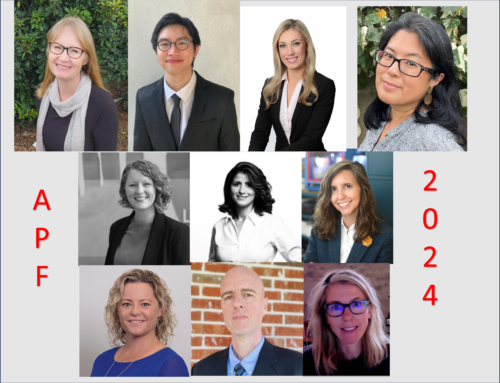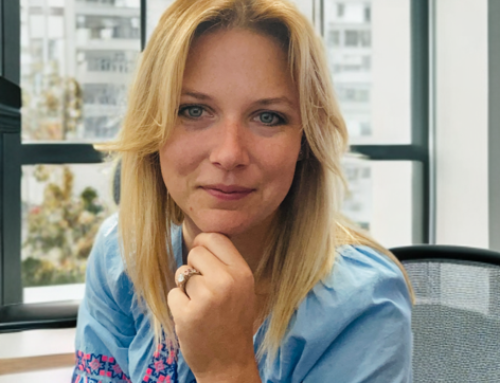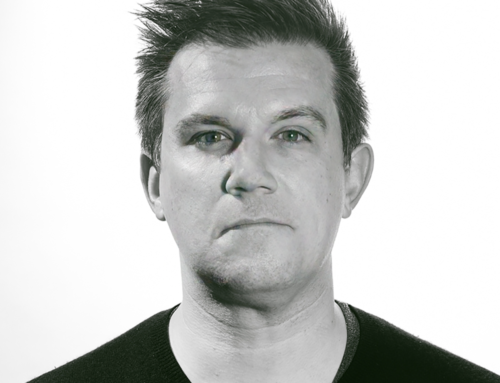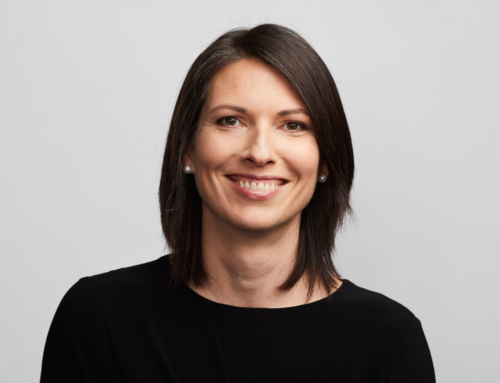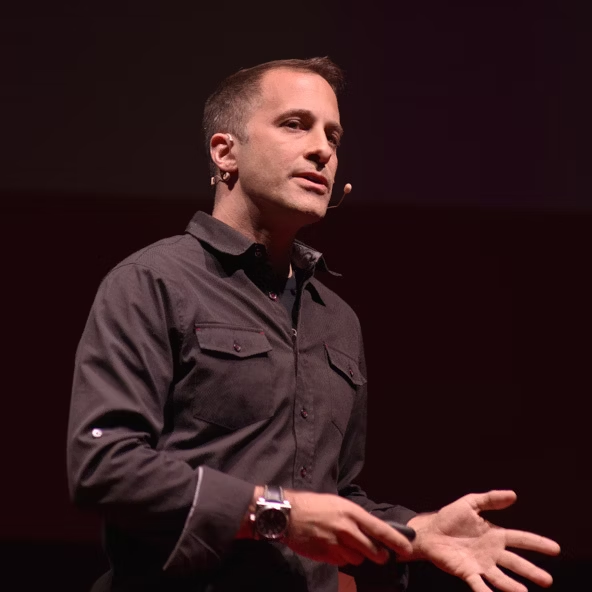In the Foresight ProSeminar class, students wrote a description of the foresight field for non-futurists suitable for publication in a mainstream newspaper or magazine. Here’s one student’s submission.
Contributor: Denise Worrell
Can you imagine a world where nobody ever asked questions? Not just the really important questions like “What if we put some peanut butter on this chocolate?” or “What if we all just decided to stop listening to disco?” But what if no one ever asked questions about how to shape a better future? Like “How can we connect with people thousands of miles away?” Or “What will happen if we continue consuming at our current pace?”

You could say it’s the job of futurists to ask questions. But actually, it’s the job of futurists to search the question those on the periphery are already finding novel ways to answer. It’s the job of futurists to challenge typical assumptions about how the coming decades, and longer, will unfold and explore a range of possibilities about what could manifest.
Futurists are not predictors of the future. That’s impossible. But we are here to research and recognize real human and business challenges and understand how a complex ecosystem of issues and trends will influence one another as we think long-term about the future. We are here to understand which possible combination of drivers will combine to create the most likely scenarios to play out in an otherwise impossibly unpredictable and continuously changing world.
Futurists serve as guides for executives, governments, and society members, helping them journey to a place they would like to arrive, not to arrive at a specific destination. By assisting people in envisioning how today’s decisions can build a path to the tomorrow they seek to realize, futurists can help people convert abstract concepts into future visions with useful and instructive plans for realizing them.
Being a professional futurist isn’t just a job; it’s an all-consuming calling that requires the ability to set aside traditional assumptions and anticipate the instinctively human fear of change. To develop possible alternative futures that keep in mind the needs of businesses, consumers, policymakers, stakeholders, citizens, their technology, their dogs, the environment, politics, the economy, and everything else on earth.
What futurists do isn’t magic. In fact, it’s not mysterious at all. It’s simply learning how to see the future more clearly and building pragmatic strategies that will get us there.
Behind every question, there’s another question. And if you look behind that question, there’s another. And behind that one? You’ll find futurists putting peanut butter on their chocolate and working their way backwards from the future to today.
As citizens of the world, I invite you to explore the future with us. Embrace a curiosity towards what could be and challenge the status quo narrative of what is expected to happen. Dig deeper to find new possible paths to a future you wish to create—possibilities that are hiding in plain sight if you look hard enough. When you do, you might just find a world much better than you ever imagined was possible.
About the author
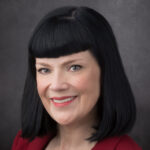
Denise Worrell
Most people don’t have the opportunity to sit and think. But I’m not like most people. As a futurist, I draw on my background in design, strategy and innovation to help leaders envision futures that aren’t limited by the barriers they experience today—a challenge for anyone in the weeds of present-day realities—then develop strategies to help them get to the future they prefer. Throughout my 20+ year career, I have successfully led many large initiatives that consider the human experience, change management, and culture as core components—many incorporating next-generation technology to drive deeper human connection and engagement while solving operational challenges.
I established the Human-Centered Design practice for the Innovation Center at MD Anderson, the #1 cancer center in the world. I joined MD Anderson Cancer Center to establish a Human-Centered Design practice and lead experience design for the Innovation Center. I work alongside clinicians, researchers, patients and operational leaders to apply a creative, iterative approach to problem-solving solutions that fit the needs of patients and the institution.
LinkedIn: https://www.linkedin.com/in/denise-worrell-06384584/

